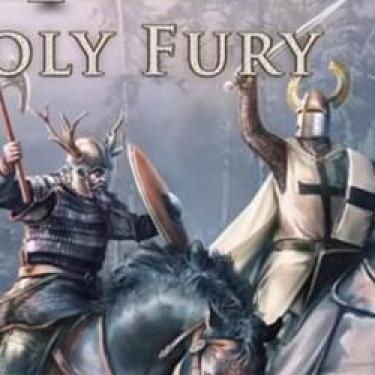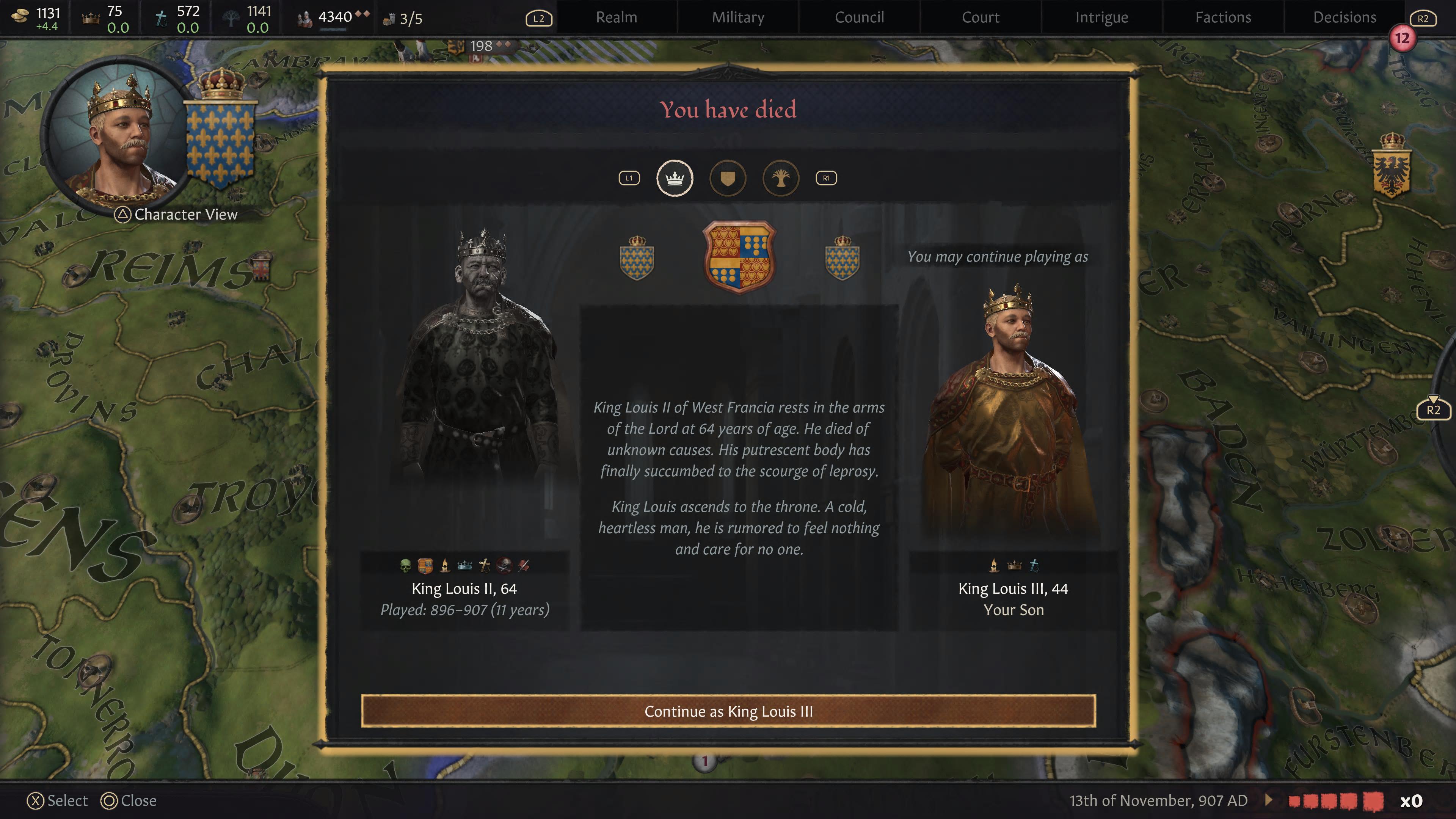

View this as a blessing rather than a curse. Unlike in Ireland, Castile does border an immediate threat in the form of various Muslim kingdoms and duchies, and has dynastic problems with neighbouring kingdoms too. Once you’re a king, you’ll have a good powerbase to expand from and experiment with.Ĭastile: I mention Castile as the foremost of the Iberian powers, partly because (spoilers) they end up winning, historically, and partly because they’re nice and central in the area. Go at your own pace and you’ll feel nicely in control for most of the start of the game. Once you have about half of Ireland conquered you can form the kingdom and the rest tends to fall into place quite quickly.

Starting as one of the Dukes in Ireland means that you can begin to fabricate claims on your neighbours and take their land, and the Casus Bellis you get from duchy titles will help speed the process along. Not to mention, they don’t really care that much about conquering Ireland. The only superpower you might have to contend with early on is England, and they have enough worries with the joint Norwegian/Norman invasion and subsequent unrest to bother you for a while. Right on the Western edge of the map, and fractured into plenty of minor powers, Ireland is safe from most outside threats. Ireland: Ireland is often colloquially referred to as “Beginner’s Island” thanks to its opportunities to learn the game relatively undisturbed. Particularly Ireland or one of the Iberian kings (yes, despite what I said about Dukes). Regardless of which DLC you’ve got, I always think that the best place to start is in the British Isles or Iberian Peninsula (Spain). Starting in the British Isles or the Iberian Peninsula A king who used to be a count will usually have a strong powerbase within their realm, and dominate internal politics. However, you’ll be shaping your entire realm from the ground up, so that you never have to deal with a vassal you didn’t choose yourself.
#Crusader kings ii poradnik upgrade#
You won’t have any real vassals until you can upgrade yourself to a duchy rank, which also makes it harder to absorb your neighbours. Starting as a count offers slightly more of a challenge than a Duke, but with similar rewards. As you grow you can shape your realm into a system that works for you, rather than against you, and eventually become a king with a much better grasp on internal politics. As an independent Duke you can often begin to absorb some of your smaller neighbours, or as a vassal to a king you have less to worry about from threats outside the realm. Added together they give you a strong force to fight with, but individually aren’t too much of a hassle. As a Duke you can have vassals, but your vassals will generally be small and weak. Starting as a Duke will give you the best ratio of power to responsibility. It’s fun in its own way, but similarly quite complicated, and a new player will have enough on their hands just trying to figure out the basics. Not to mention a historical setup that’s a horrible tangle to try and figure out. Any but the smallest of kingdoms will have to contend with a mess of vassals, each of whom will contend to bring about your downfall. Starting as a king seems like a fun idea, but is fraught with peril. As strange as it sounds, the best place to start a Crusader Kings 2 game is not as one of the largest powers, but among some of the weaker options. However, a few of these are DLC-only, and for a beginner, I don’t really recommend any of them anyway.

The game does have some options for you, including interesting historical bookmarks and the characters who are most relevant and enjoyable in that time period. Even without any of the DLC there are potentially hundreds of starting characters to choose from across a 400 year timespan, before even including non-Christians and 2 additional, pre-1066 start dates. Thanks to Crusader Kings 2’s character-based play, there are plenty of options open to you, from mighty Emperors down to measly provincial Counts and everything in between. However, if you’ve already read it and just can’t wait to dive in (my definite recommendation) then you might be looking for advice on the best place to start. Of course, the advice in that guide is very basic, and I intend to flesh it out with followup articles to help you make your way through a game without complete cluelessness at a later date. It goes over the most basic mechanics that will help you to create a successful first game, from which you can self-learn everything else you need to know. If you’ve just picked up Crusader Kings 2 and can’t wait to get started, then it’s worth taking a look over my Beginner’s Guide to Crusader Kings 2.


 0 kommentar(er)
0 kommentar(er)
